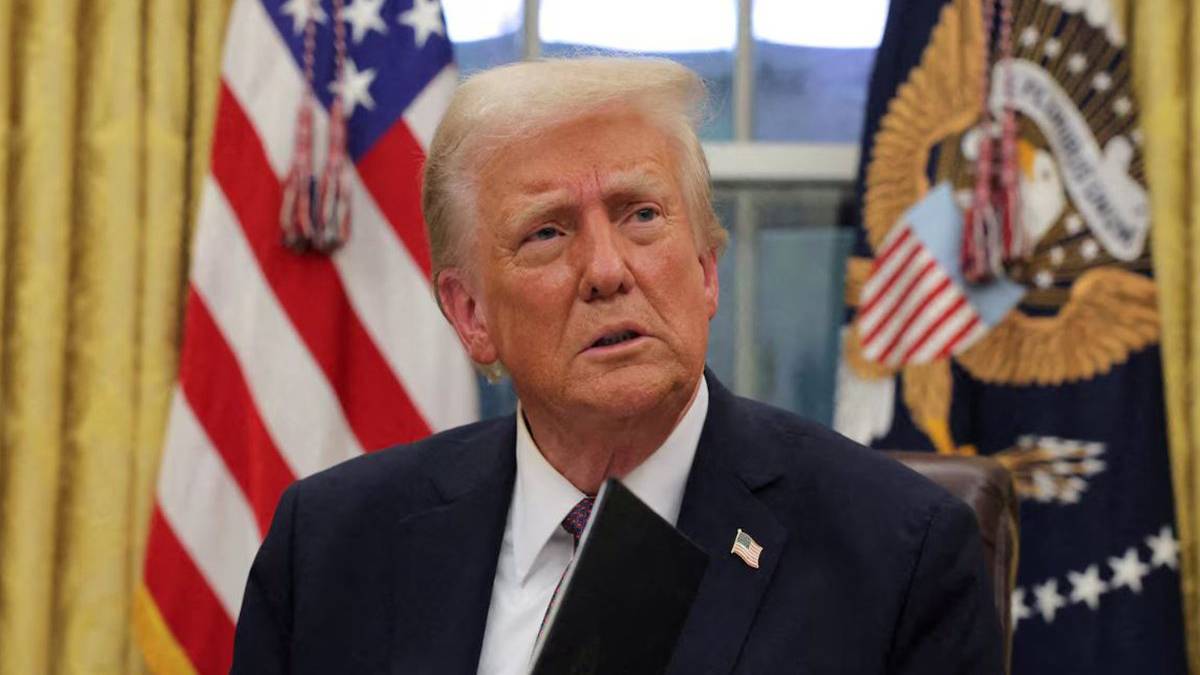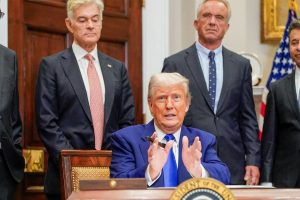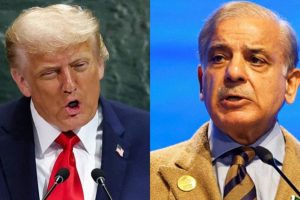U.S. President Donald Trump on Friday issued a fresh warning to BRICS nations, threatening a 10 per cent tariff on their exports if they continue efforts to undermine the global dominance of the U.S. dollar.
Speaking at a White House event where he signed the GENIUS Act into law, Trump accused BRICS of attempting to replace the dollar as the world’s primary currency standard. “We have this little group called BRICS, which is fading out fast,” he said. “They wanted to try and take over the dollar… but I won’t let America’s currency slide.”
Trump claimed that his earlier warnings already had an impact, suggesting that a recent BRICS meeting saw low attendance due to fears of U.S. trade penalties. “They didn’t want to be tariffed,” he added.
The BRICS bloc, originally formed by Brazil, Russia, India, China, and South Africa, expanded last year to include Egypt, Ethiopia, Indonesia, Iran, Saudi Arabia, and the UAE. The group has held discussions about reducing reliance on the U.S. dollar in international trade, though member countries differ in their approach.
The Trump administration has now set August 1 as the deadline for new trade deals, following a missed July 9 deadline. Trump warned he would begin sending official notifications of tariff rates if agreements are not reached.
“I hit them very, very hard, and it will end very quickly. I don’t think they’ll go through with it. They’re virtually afraid to meet,” Trump said.
India, responding to speculation over the bloc’s currency ambitions, clarified that “de-dollarisation” is not on the official BRICS agenda. “Cross-border payments, yes. Local currencies, yes. But de-dollarisation is not something on the agenda,” said Randhir Jaiswal, spokesperson for India’s Ministry of External Affairs.
Trump also reiterated his firm stance against a U.S. central bank digital currency, stating again that it “won’t happen” under his administration.
This latest tariff threat reflects the Trump administration’s ongoing strategy to use aggressive trade policy as a tool to defend American economic and monetary interests amid shifting global alliances.





